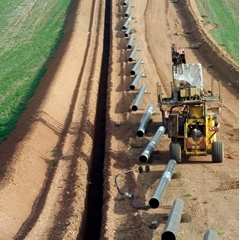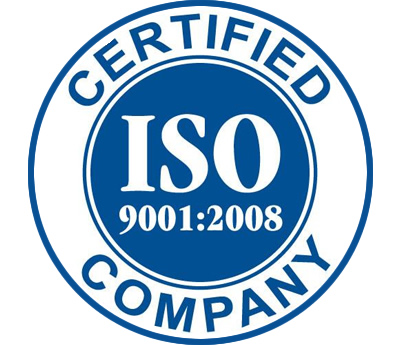Impressed Current Cathodic Protection (ICCP)

Impressed Current Cathodic Protection (ICCP) is a method that involves a power supply creating a forced 'impressed' direct current (DC). The power source drives the corrosion current to 'stimulate' the anode corroding. The anode will stay in tact because it does not give up any electrons.
Transformer rectifiers, thermo-electric generators and solar units are all typical power supplys used to supply the electrons to the system. ICCP systems have the advantage of being able to supply a large current providing a high DC driving voltage (>50v). this enables ICCP to be used in almost all types of electrolytes.
Although more expensive due to the requirement of a power source this method of CP ensures lifetime protection. Where even a small leak cannot be tolerated for either safety or enviornmental reasons, this method is by far the most effective and reccomended.
The ship building industry is one that takes advantage of ICCP benefits. Although the majority of ship hulls are generally well coated this does not offer lifetime protection. Several hull mounted anodes are used connected to a central control panel. Due to differencial seawater resistivites a CP system used in this industry is automatically controlled varying the current output to the anodes. As the level of current cannot be controlled with SACP this is by far the prefered option in this industry.
Benefits
- Easy installation
- Monitoring capabilities
- Requires a small amount of anodes compared to SACP
- Applicable to a wide range of structures
- Can be adjusted manually according to conditions and CP requirements.
- Can be remotely adjusted/monitored and linked to alarm systems
Applications
- Can be used in a wide range of soil & water restivities
- Large structures with little coating protection
- Used in areas where lifetime protection is key
- Ship and Hull protection.
There is no photo of this product
News
10 February 2021
OTDS have completed manufacture of 4 shunt reactors and voltage...





.jpg)
 ORDER OF ACTIVITY OF METALS
ORDER OF ACTIVITY OF METALS